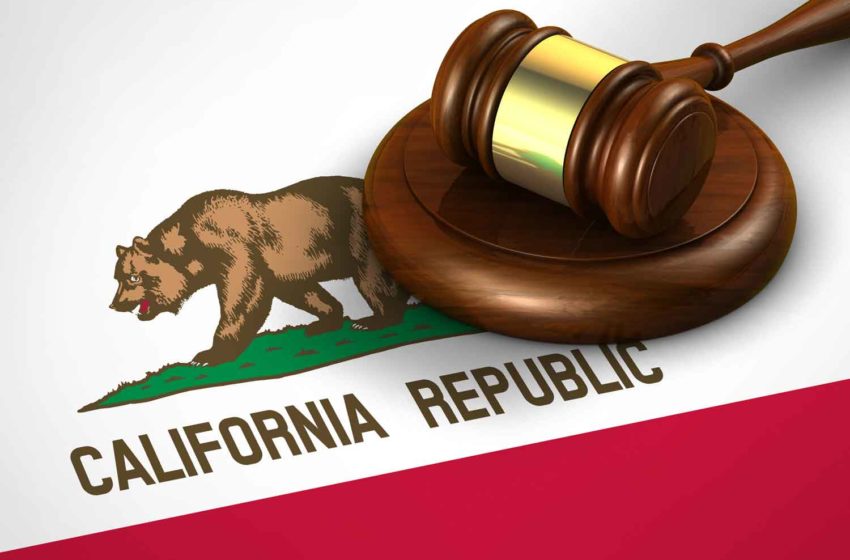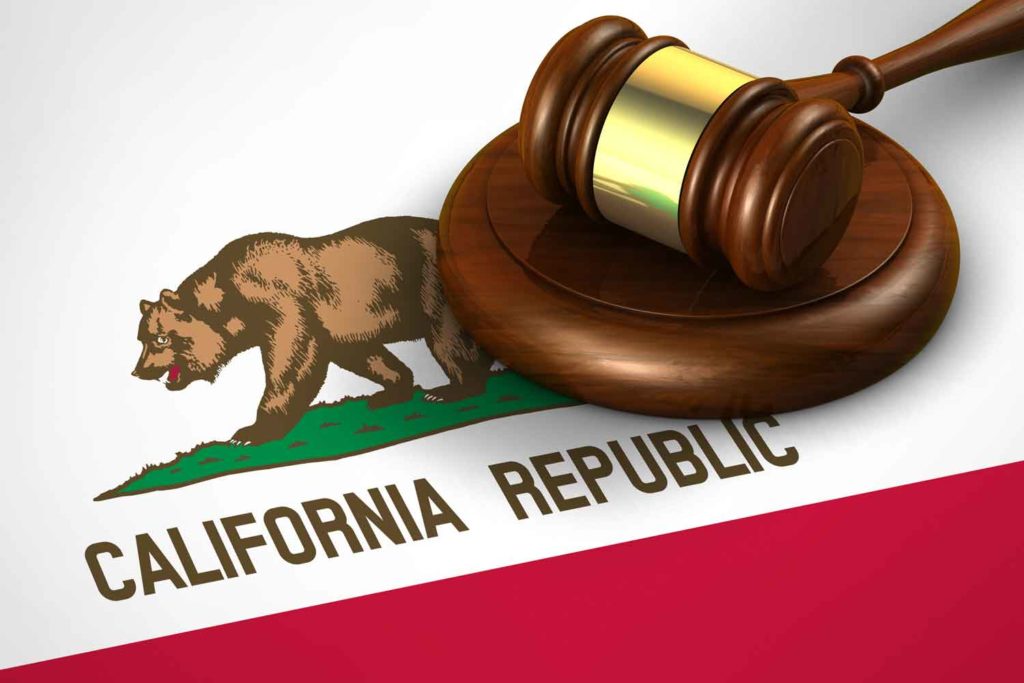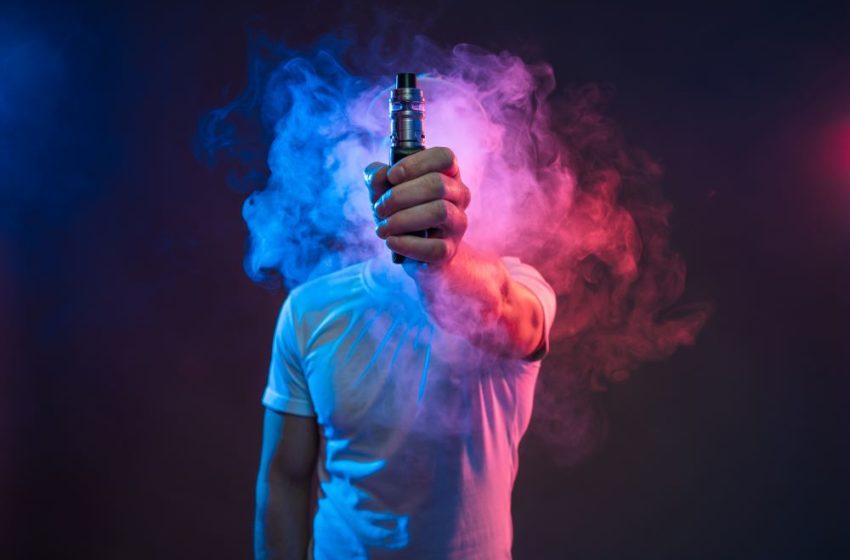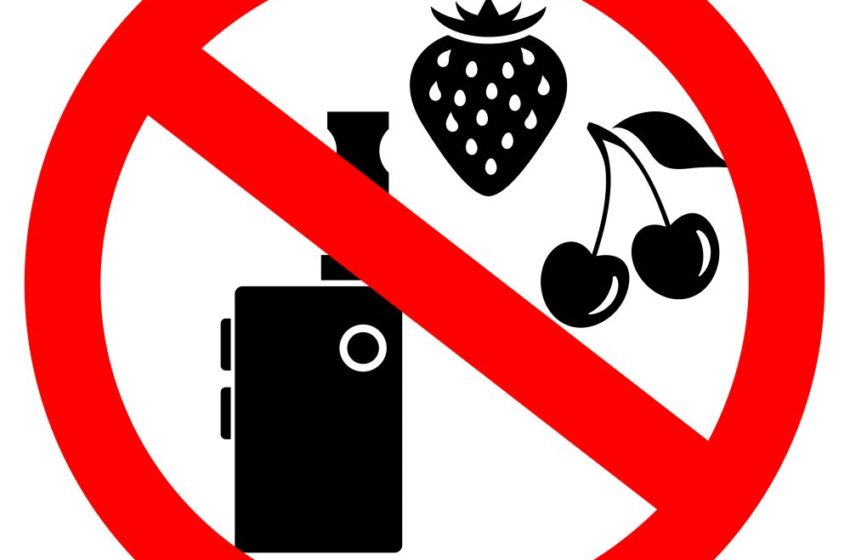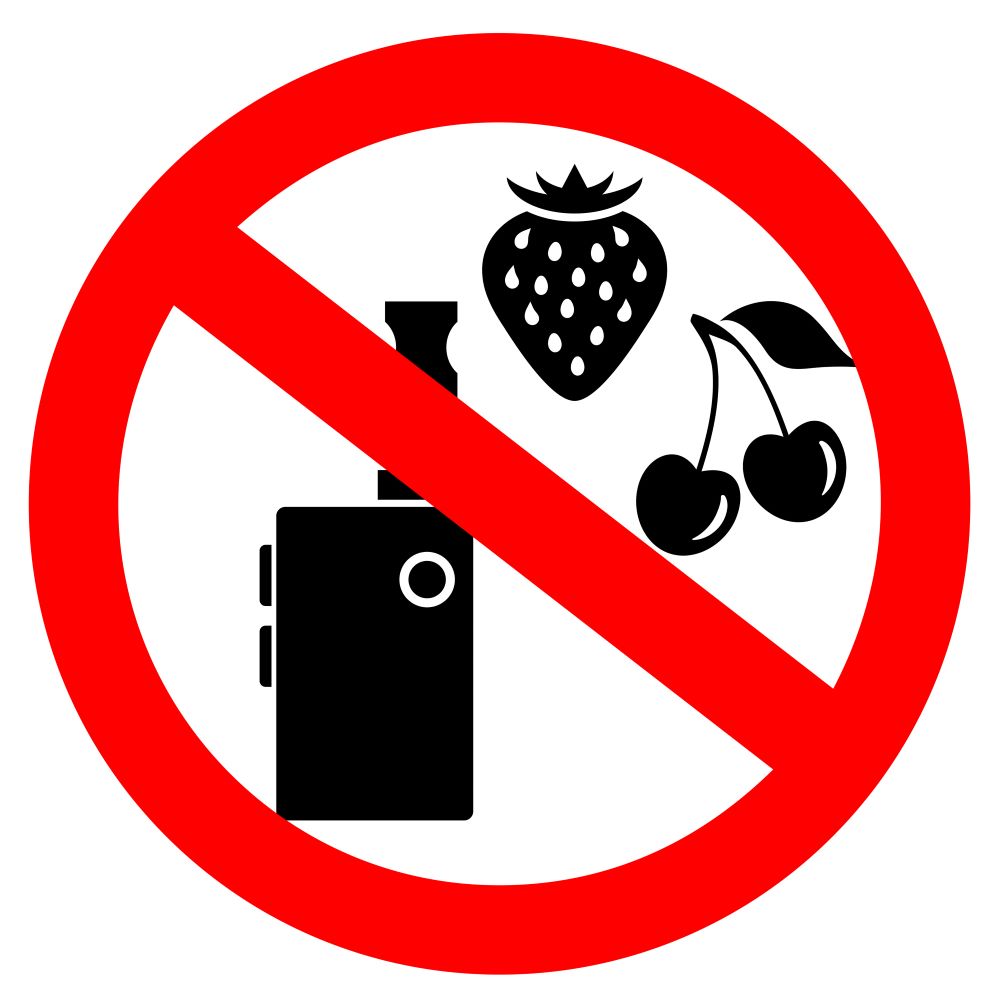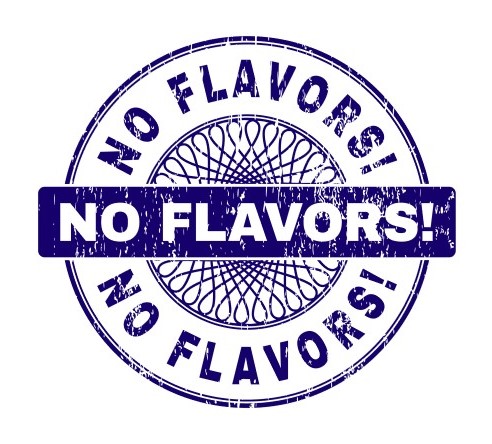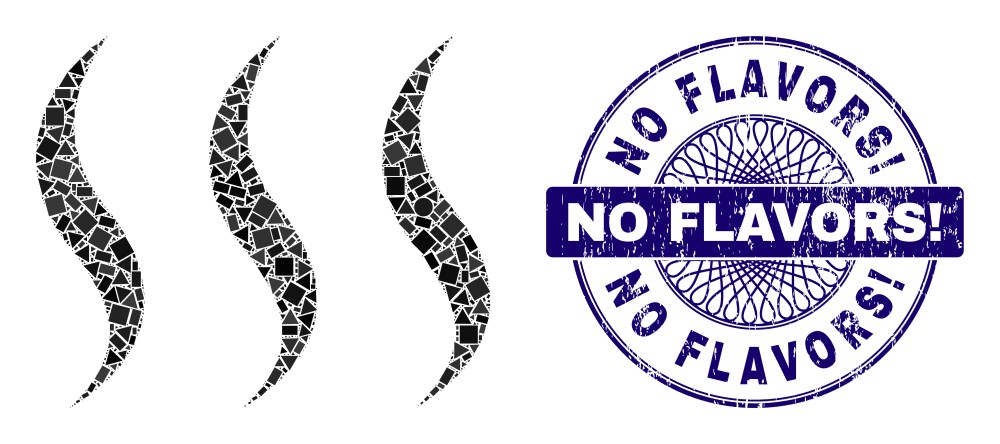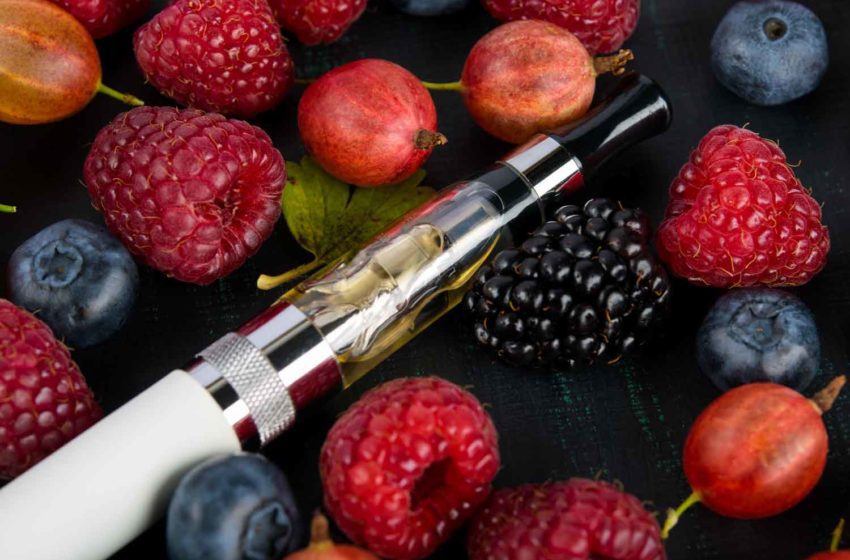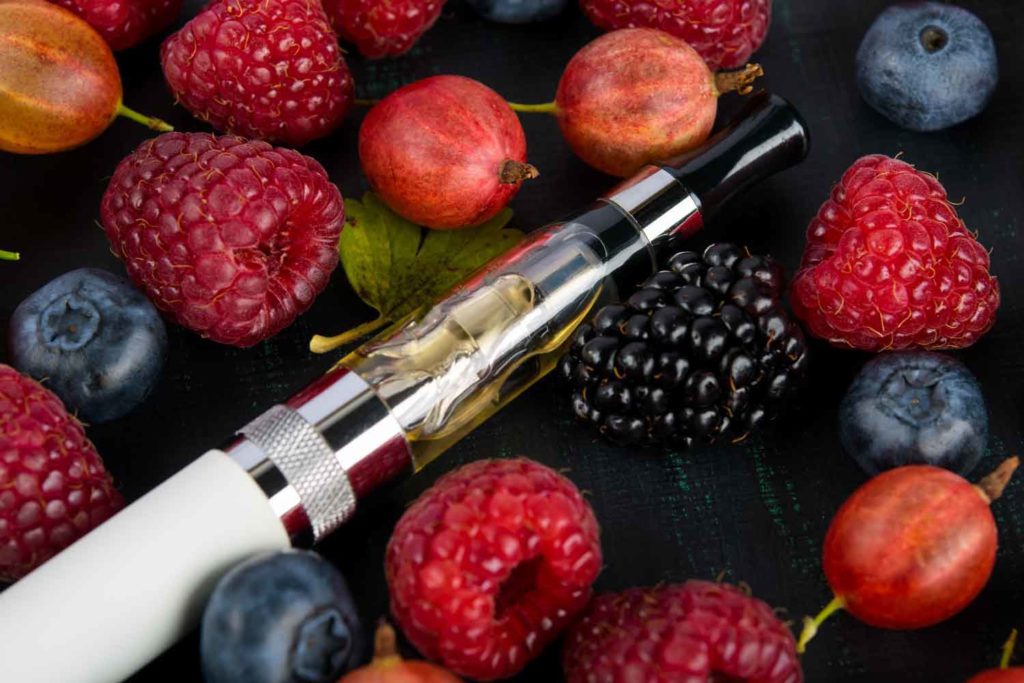
The U.S. Supreme Court on Feb. 27 declined to hear an appeal by three Reynolds American Inc. subsidiaries seeking to overturn the county of Los Angeles ban on flavored tobacco products, reports Law360.
R.J. Reynolds Vapor Co., American Snuff Co. and Santa Fe Natural Tobacco Co. had petitioned the high court in October to take another look at the case after the full 9th Circuit upheld a lower court’s dismissal of the suit.
The RAI companies said the 9th Circuit had twice before erred in allowing sales bans at the state and local level that were preempted by federal law.
While the federal Tobacco Control Act grants state and local municipalities broad authority to regulate the sale of tobacco products, it does not allow them to completely prohibit the sale of those products for failing to meet state or local tobacco product standards, the companies argued.
In dismissing their initial suit, District Judge Dale S. Fischer in 2021 found that the ban doesn’t regulate tobacco product standards. The judge said the ordinance is protected by the federal law’s preservation clause, which allows states and localities to prohibit the sale of tobacco products even if those bans are stricter than federal law.
The companies appealed, calling the ban unconstitutional and saying state and local governments can’t bar the sale of tobacco products because they disagree with federal tobacco standards.
L.A. County countered that the ban doesn’t pose an obstacle to federal policy since the FDA announced it intends to ban menthol cigarettes and all flavored cigars.



